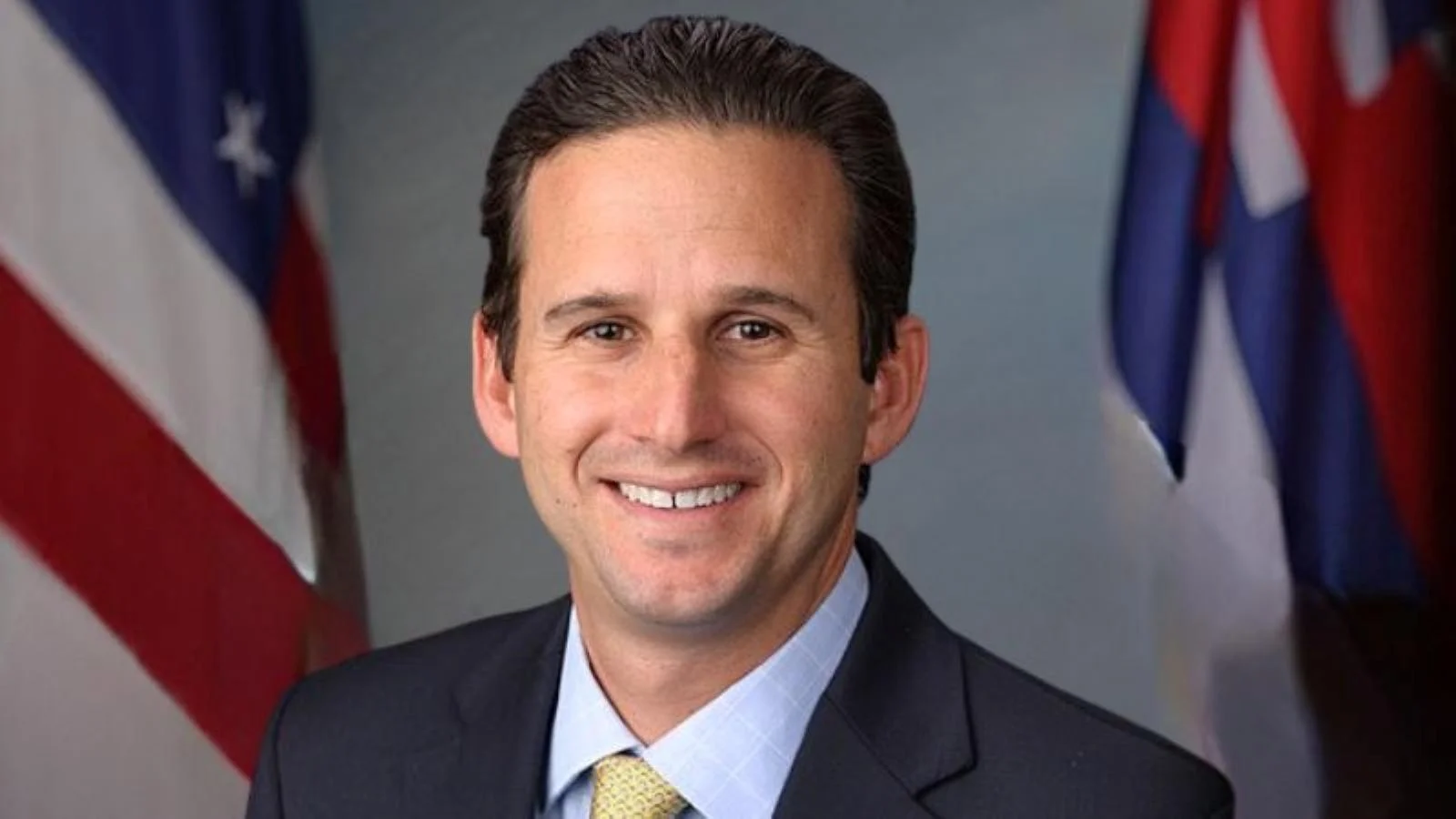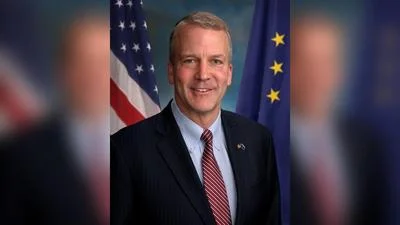Brian Schatz - Vice Chairman of the Senate Committee on Indian Affairs | Official U.S. Senate headshot
Brian Schatz - Vice Chairman of the Senate Committee on Indian Affairs | Official U.S. Senate headshot
U.S. Senators Lisa Murkowski, Martin Heinrich, Brian Schatz, and Gary Peters have reintroduced the Veterinary Services to Improve Public Health in Rural Communities Act. The bill, initially introduced by Senator Murkowski in June 2024, seeks to authorize the U.S. Department of Health and Human Services and Indian Health Service (IHS) to provide veterinary services to Indian Tribes and Tribal organizations. These services include spaying and neutering domestic animals to prevent severe zoonotic diseases in rural Tribal communities.
Chairman Murkowski emphasized the public health issues posed by stray dogs in Indian Country: “The overpopulation of stray and abandoned dogs in Indian Country is a significant public health and safety issue.” She noted that more than 250,000 reservation dogs roam the Navajo Nation alone, with an average of 4,800 tribal members receiving care for dog bites annually. "Some studies indicate that tribal areas experience a death rate from dog attacks that is 35 times higher than the rest of the nation," she added.
Vice Chairman Schatz highlighted the bill's role in reducing disease risk: “This bill will allow the Indian Health Service to provide critical veterinary services that lower the risk of outbreaks and improve public health.”
Senator Peters pointed out Michigan's need for such services: “Rabies outbreaks in animals are becoming more frequent across America, and Michigan’s rural and Tribal communities often lack readily available access to veterinary care.”
Dr. Buu Nygren, President of Navajo Nation, expressed strong support for the legislation: “This bill would assist the Nation in reducing rabies-related incidents stemming from dog bites.”
Benjamin Mallott from Alaska Federation of Natives praised Senator Murkowski's leadership: “The impact of this legislation on zoonotic diseases and veterinary services will have a lasting effect on Alaska’s people and wildlife.”
Dr. Sandra Faeh from the American Veterinary Medical Association endorsed the act: “The proposed legislation would help provide Tribes and Tribal organizations with essential services...”
Monique Martin from Alaska Native Tribal Health Consortium noted current challenges: “Many rural Alaska communities currently lack access to veterinary care."
Donald E. Charlie supported preventive measures as cost-effective solutions for rural Alaska.
Angie Fitch appreciated efforts addressing public health issues through prevention.
Brian Lefferts from Yukon-Kuskokwim Health Corporation welcomed enhancements in regional health protection.
Arleigh Reynolds from University of Alaska Fairbanks emphasized comprehensive benefits: "It addresses these problems at their root cause: dog overpopulation without access to preventive veterinary care."
The act aims at providing Public Health Veterinary Services with Implementation Oversight while enhancing programs targeting these issues.






 Alerts Sign-up
Alerts Sign-up